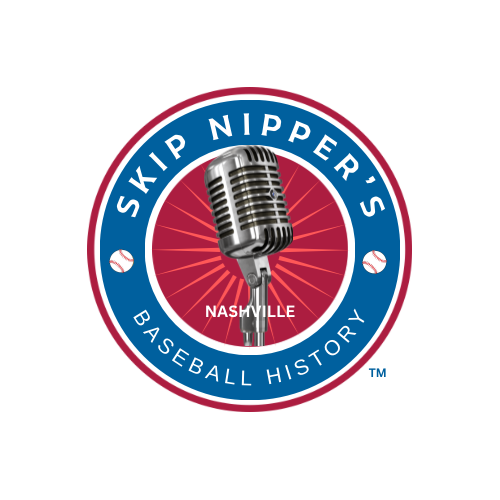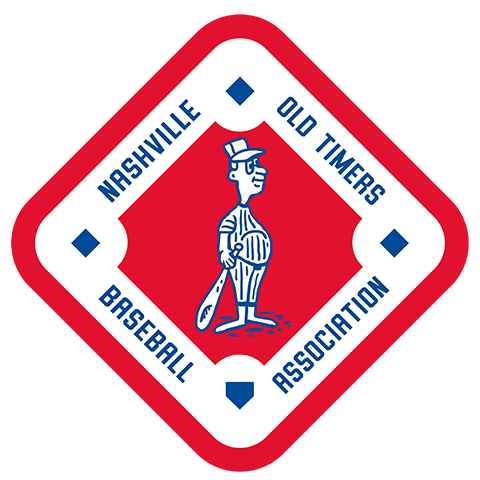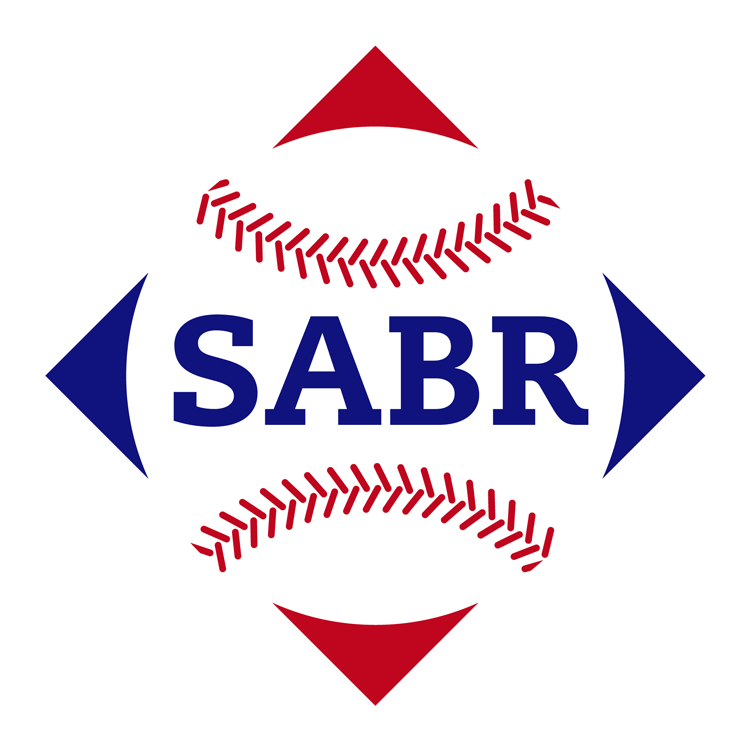Owners Vote to Shut Down
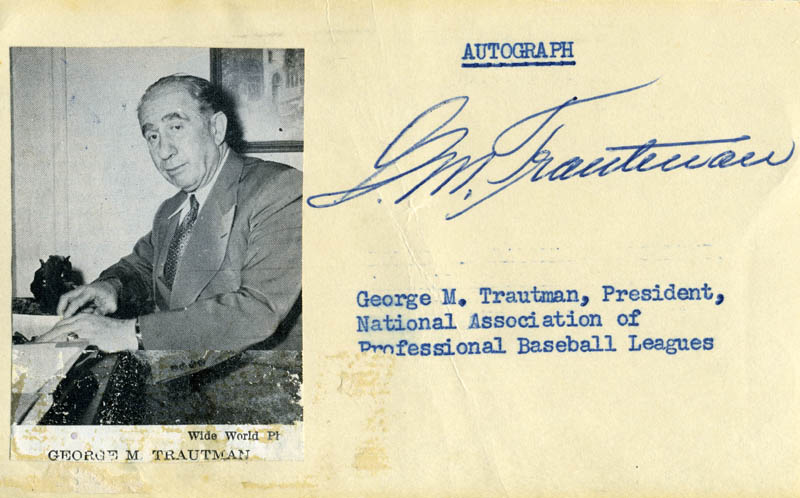
The demise of the Southern Association at the end of the 1961 season brought an end to one of the longest-running leagues at the time. League president George M. Trautman faced the press in January of 1962 with painful words.
“I don’t like to be sentimental at a time like this. But it is tough to preside over a session that marks the exodus of a league as old and respected as the Southern.”
Declining Attendance
It was not unexpected. Total attendance across all minor leagues had dropped from 41,900,000 at the peak in 1949 to 10,900,000 in 1961, a 75% drop in only 12 years.
Fans picked up the pace near the end of World War II but slowed rapidly as the new decade began. Nashville’s drop from 228,034 in 1949 to 64,460 in 1961 is telling in itself. That is a 72% decline.
So where did the fans go? Nashville’s demise ran about even as other cities, and by 1961 two stalwart cities of the league, Atlanta and New Orleans had already dropped out.
Fred Russell in the Know
Once again, we turn to dependable Fred Russell, sports editor of the Nashville Banner and contributor to The Sporting News. He wrote a series of articles that the national sports journal published between March 28 and April 11, 1962. In it, he explained the reasons given by those “in the know.”
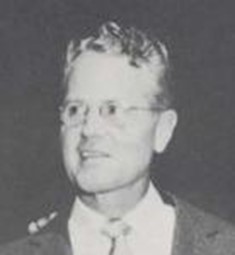
It would be easy to surmise that the main reasons for declining visits to ballparks were television, air conditioning, and automobiles were the culprits. I have done that before. But is that really why?
Well, yes, and then some.
Russell begins his explanation by asking his readers a few questions in “Why Did Southern Go Under” in the March 28, 1962, edition of The Sporting News:
“Who killed the Southern? What killed the venerable league, referred to just a couple of years ago as the most stable in the minor league orbit? Could it have been avoided?
“Or was it inevitable?”
Reasons for Shrinking Numbers
Adding to the banter of dissatisfied Southern Association members who questioned the leadership of the league, including owners who have used their long-term power to solve short-range problems, Russell gives a list of reasons:
“Apathetic fans, rising opportunity of outdoor participative sports (particularly boating), bowling’s boom, major league baseball telecasts, television itself, air-conditioning comfort, slower games, poorer teams, indifference of major league officials to a quickly deteriorating situation, too much dependence on the majors, inability to meet competition, refusal to accept Negro players (until too late), football’s gradual encroachment on the sports fan’s late-summer attention, unaggressive leadership, etc.”
There you have it. It was more than one, or two, or three things. It is striking that there was so much dissension, but one does not lose sight of explanations that could be used today in criticism of everything that is wrong with baseball.
However, Russell goes one step beyond.
“My own belief is that the biggest single reason for declining interest in minor league baseball is the lack of any continuing identity between clubs from one year to the next.
“It used to be you would attach yourself to some favorite. He might stay with your home-town club for several years, and with him, maybe a bunch of other players you felt close to. It was fun to watch their progress when they advanced to the big leagues.”
Russell was warning owners and fans alike that things had changed, not for the better, and without teams having players that the fans could relate to it washed out the reason for loving one’s team.
Curt Flood Challenge
In 1972 Curt Flood challenged the rule that allowed Major League Baseball to have antitrust exemptions regarding player contracts. Flood passed away in 1997 and did not live long enough to know legislation was passed in 1997 and 1998 that gave major league players antitrust protection.
Although Organized Baseball rebounded from early free agent signing, multi-year contracts have kept players with the same team for longer periods than just a few years. The trade-off, in most cases, has been exorbitant salaries.
At the time of the Southern’s passing, it was not known that Nashville and other cities would make valiant efforts to resurrect their teams. But the damage had been done, and after attempts to bring the glory days of minor league baseball back it, would be 15 years or more for some cities to succeed.
Fred Russell explained the complications of baseball’s struggles and brought light to questions about minor league baseball of the day. This beloved sports writing sage had the answers then.
Funny thing, how wise he was about those same questions today.
© 2022 by Skip Nipper. All Rights Reserved.

